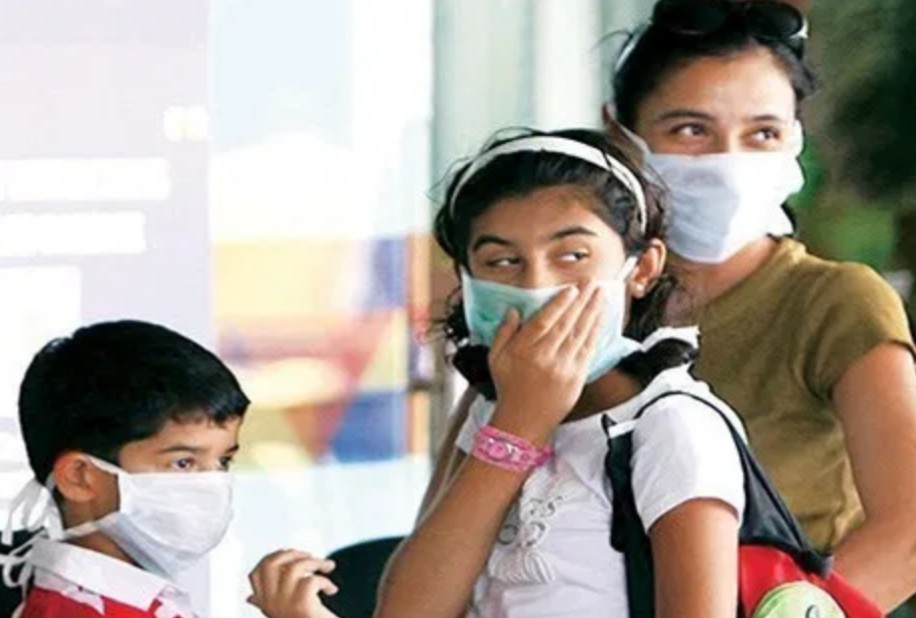Experts from California university said face masks may provide a vaccine-like effect by generating immunity and slowing the spread of Covid-19 infection.
Scientists are comparing face masks to a process called variolation wherein healthy people are exposed to material from the scabs of infected patients in order to increase immunity. Variolation was followed before a vaccine for smallpox was discovered.
In a commentary in the New England Journal of Medicine, Monica Gandhi and George W Rutherford of University of California in San Francisco said using masks in the Covid era could achieve similar results.
Gandhi and Rutherford concluded that face masks could reduce the viral inoculum (infecting amount of the virus). This they inferred based on long-standing theory that the severity of the disease is proportionate to the viral inoculum.
 (Photo: AFP)
(Photo: AFP)
“Since masks filter out some virus-containing droplets (with filtering capacity determined by mask type), masking might reduce the inoculum that an exposed person inhales,” the pair wrote in the journal.
Moreover, an experiment conducted on hamsters supported this theory and showed with simulated masking the animals were less likely to get infected, or were either asymptomatic or had milder symptoms than unmasked hamsters. “Universal masking seems to reduce the rate of new infections; we hypothesise that by reducing the rate of new viral infections, it would also decrease the proportion of infected people who remain asymptomatic,” Gandhi and Rutherford wrote.
The duo also referred to an outbreak on a closed Argentinian cruise ship where passengers were provided with surgical masks and staff with N95 masks. The rate of asymptomatic infection was 81 per cent on testing compared with 20 per cent in earlier cruise ship outbreaks without universal masking.
Dr S K Sarin, director of Institute of Liver and Biliary Sciences, said this paper explained how 29 per cent of Delhi were antibody-positive but have never had infection. “Mask may allow a very miniscule amount of virus to enter and provide a vaccine-like effect, leading to antibody formation without true infection,” said Sarin.
– Agencies

